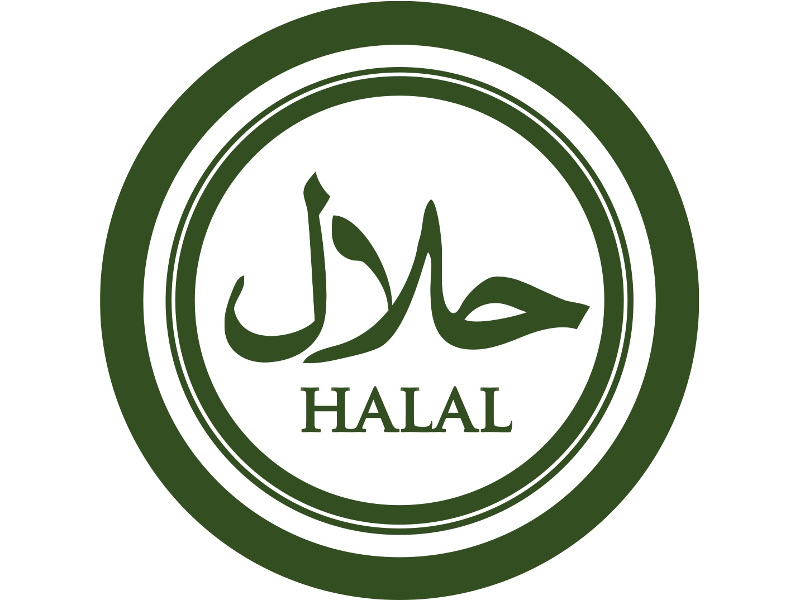Halal Market

Korea Agro-Fisheries & Food Trade Corporation President Kim Jae-soo stressed the importance of halal food as one of the corporation’s key business items for this year.
Halal food can be defined as food that does not violate Islamic law, including all kinds of vegetables, fruits, cereals, and seafood along with mutton, beef, and chicken processed in accordance with certain rules and pork- and alcohol-free processed food. Due to such particular requirements, those in the Korean food industry have almost left this market of 1.8 billion people unattended.
According to industry sources, the halal food market reached US$1.088 trillion in size in 2012 and is expected to grow to US$1.626 trillion by 2018. Last year, Korean companies’ halal food exports stood at just US$680 million. It is non-Muslim multinational food companies that are dominating the market these days. For instance, Nestle is currently producing approximately 300 halal food products in 150 or so factories around the world.
As its first step into the market, the Korea Agro-Fisheries & Food Trade Corporation sets up its first Abu Dhabi office next month. The office is expected to be a useful tool providing up-to-date news about the market and business in it and facilitating the acquisition of the certificate for Korean food exporters. In addition, business meetings are scheduled for the first half of this year in Gulf Cooperation Council (GCC) countries, while K-Food Fairs are held in Malaysia in August and Indonesia in October along with an exhibition in Dubai in November.
The corporation has provided assistance regarding the acquisition of halal food certificates, too. At present, the Korea Muslim Federation is the only certification authority in Korea with regard to the matter, but its authorization is effective only in Korea and Malaysia. Additional certificates are required for export to other regions like Indonesia, Singapore, and the Middle East, which adopt different procedures complicated to the point of discouraging small firms. In this context, the corporation has shared the certification costs since 2012, and the ratio of sharing has been raised up to 90 percent. A total of 500 million won (US$458,825) was provided for 48 companies between 2012 and 2014. This year, guidebooks covering all of the different criteria have been made available.
The corporation is also working on cross certification between the KMF and the Majelis Ulama Indonesia (MUI) so that Korean food exporters can better penetrate the Indonesian market, home to more than 220 million Muslims. The Korean government, on its part, is planning on a halal food complex in the Foodpolis located in Iksan, North Jeolla Province.


